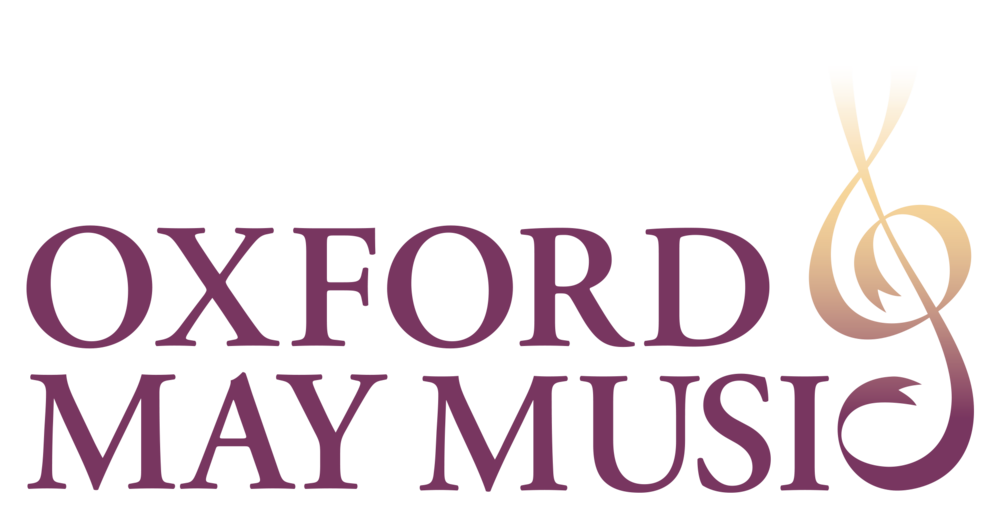'May Morning on Magdalen Tower' 1890, by Holman Hunt (1827-1910)
May Day has been celebrated in England since the time of the Romans; the festival of Flora, Goddess of fruit and flowers, ran from April 28th to May 3rd. This festival marked the beginning of summer; perhaps more reliably in Rome then southern England! The Anglo-Saxons also held a festival around this time.
Traditionally people would leave their houses before dawn to gather flowers and greenery and to wash themselves in the dew. The rest of the day was spent in a variety of pursuits centred on the village green including wrestling, archery and culminating in the crowning of a May Queen, whose origins are as a representation of Flora. A very important tradition deriving from ancient fertility rites is dancing around the Maypole, a striped pole with multicoloured ribbons attached to the top.
In Oxford, the central point of the celebration of May Day is the ancient custom of singing from the tower of Magdalen College at sunrise. The beginnings of this ceremony are lost in the mists of time, but it almost certainly has its origins in Masses sung for the soul of King Henry VII, a patron of the college, who died on 21st April 1509 and was buried on 11th May. The Reformation abolished masses for the dead, leading to the singing being translated to the college tower. The first records of its taking place are in the late 17th century, but these records refer to the ceremony as already being an ancient tradition.
The modern Oxford May Morning begins at 6a.m. sharp with the choir of Magdalen college singing from the top of the tower to a crowd of many thousands who gather around the college and on Magdalen Bridge. Some of the more intrepid students have been known to refresh themselves with a dive into the Cherwell River; this, however, is strongly discouraged by the authorities. The pubs have special dispensation to open early and after the singing the crowd disperses to them as well as to watch many of the traditional May pursuits, such as Morris Dancing, folk singing and dancing around the Maypole, that take place throughout the mediaeval streets of Oxford. This most characteristic and charming of all Oxford occasions is a fine setting for an arts festival bringing some of the finest UK musicians to the Holywell Music Room and Sheldonian Theatre. Stretching between the Wednesday before May Morning and the Bank Holiday on the following Monday, the festival offers lectures and concerts to interest a wide variety of tastes in science, literature, music and the arts.

